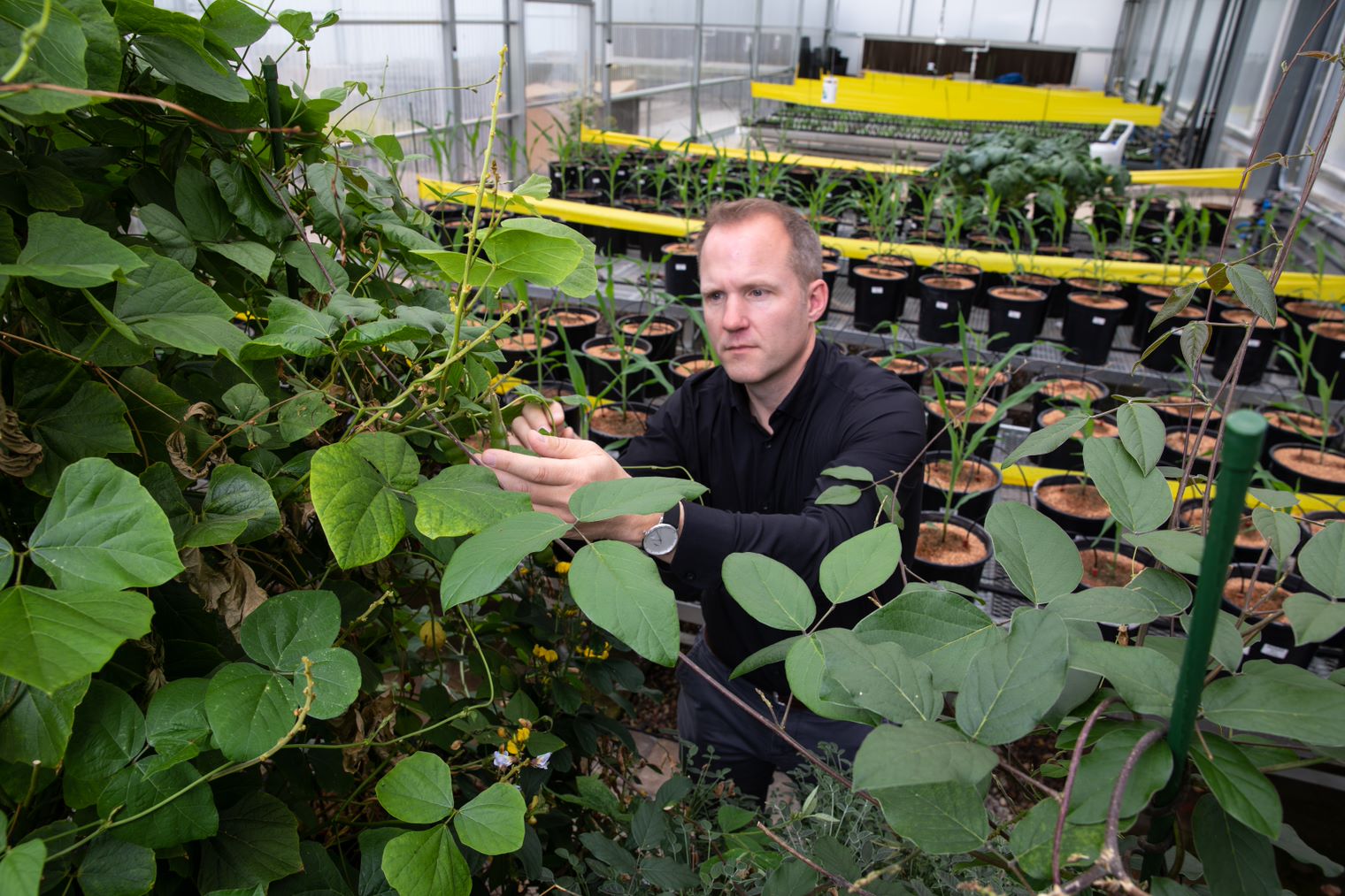University of New Hampshire received $10 million to boost climate-resilient solutions.
The United States Department of Agriculture (USDA) recently awarded $10 million the University of New Hampshire (UNH) to pioneer sustainable approaches in climate-smart agriculture across New England. The initiative aims to bolster farming and food production while fostering economic growth, enhancing ecosystem services like clean water and air, and promoting healthy communities.
“Approximately 75% of New England is made up of forests which can be challenging when trying to expand farming opportunities to meet the growing need for more sustainable ways to produce locally grown food,” Heidi Asbjornsen, professor of natural resources and environment and lead investigator on the study said in a UNH news release.
“But those forests also need to be preserved because they are a globally important carbon sink that absorbs and stores about 4.6 billion tons of carbon dioxide each year,” she said. “We’re looking to develop ways to expand agriculture opportunities while also preserving that carbon storage which is crucial when addressing climate change.”
The project is called Promoting Climate-Smart Sustainable Agriculture in New England through Regionally Adapted Agroforestry Systems but is more commonly known as ADAPT. The five-year program will focus on agroforestry using an integrated approach combining crop and livestock farming with forested areas.
“Other regions in the country have done similar research on agroforestry but there really hasn’t been a lot of related research here in New England, which makes it challenging to make informed decisions,” Asbjornsen said.
Agroforestry and the ADAPT program aim to minimize ecological impact, support sustainable agriculture and bolster climate resilience.
ADAPT will concentrate on three agroforestry models tailored for New England:
- silvopastures that integrate trees, pastures and livestock;
- polycultures that combine trees and shrubs with diverse plant species to enhance productivity and resilience in urban food-forests and gardens; and
- forest farming systems that cultivate crops under forest canopies, enabling the sustainable harvest of timber and non-timber products like medicinal plants and mushrooms.
The project plans to increase local food production in New England by 15 per cent, as well as establishing a center for agroforestry research, education and extension. It will also increase annual carbon sequestration by five million tons and aims to create new agroforestry markets.
The University of New Hampshire, collaborating with Dartmouth College and Yale University, will bring diverse expertise to develop, implement and evaluate resilient agroforestry systems. This partnership will offer training and technical support to enhance understanding and adoption of agroforestry practices, positioning them as effective climate-smart strategies.
Co-principal investigators include Steve Roberge, Alexandra Contosta, and Kate Guerdat from UNH, Theresa Ong from Dartmouth University and Mark Ashton from Yale University.













